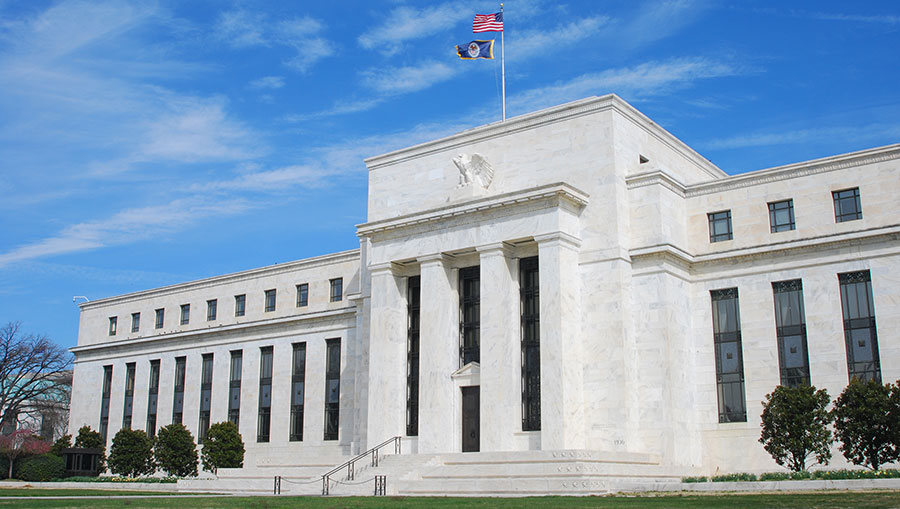Personal Wealth Management / Politics
And Then There Were Three
Story Highlights:
- Investors breathed a sigh of relief Tuesday after Portuguese caretaker PM Jóse Sócrates’ announcement of a preliminary bailout deal with the EU and the IMF.
- The eurozone seems to be weathering the storm fairly successfully so far, but many open questions remain.
- With divergent growth rates across the region, leaders have a tough road to navigate to keep the currency bloc on a straight path.
All eurozone eyes were on Portugal Tuesday as caretaker Prime Minister Jóse Sócrates announced a preliminary bailout deal with the EU and the IMF. In exchange for €78 billion over three years, Portugal will introduce austerity measures—primarily, privatization of government-owned businesses, elimination of some tax deductions, and budget cuts. Though the plan still faces a few hurdles (the Portuguese government must pass the plan, followed by all EU members), at this point, approval looks likely. Bond markets confirmed investors’ pleasure at the announcement: Portugal successfully sold €1.117 billion of three-month treasury bills—and though the average yield was up from the April 20 auction, demand was still strong. Also illustrating investors’ confidence in the plan, the cost of insuring Portuguese sovereign debt against default fell after the bailout’s announcement and Portuguese stocks rose 1.3% Tuesday, leading European exchanges.
Though the primary crises—namely, debt issues in Portugal, Greece, and Ireland—have been addressed for now, questions about the currency bloc’s overall long-term health remain. One concern is the eurozone’s noticeable multi-speed recovery, exemplified by divergent growth rates in northern Europe—primarily Germany and France—and the rest of the eurozone. Coupled with that are inflation concerns—the ECB recently raised rates 0.25 percentage points and is widely expected to hike rates further later this year.
Economic data released Wednesday highlight the economic divergence:
- March eurozone retail sales were down a whopping -1.0% month over month versus expectations for only a -0.1% decline.
- Eurozone PMI improved to 57.8 in April.
- Private sector growth strengthened in April, though prices charged also rose at their fastest rate since mid-2008.
So what to make of the eurozone’s economic mixed bag? The temporary packages put in place by eurozone leaders—like the EFSF—have bought time, but how they use it remains to be seen. Just as with US economic recovery and expansion, we’d hardly expect to see uniform growth across all the eurozone’s members, so to some extent, varied economic readings are unsurprising. But at the same time, eurozone nations aren’t really comparable to US states since there’s no overarching European federal structure. For example, it’d be rather ridiculous to say Michigan’s lagging economic vibrancy relative to North Dakota’s risks the US dollar’s viability—but that’s at the heart of some of the eurozone’s current issues.
While to this point their temporary fix has worked, issues after the EFSF’s 2013 expiration are still being addressed. Now, there’s nothing to say they won’t be successful in their post-2013 efforts, but there’s still heavy lifting to be done. Along the way, we expect headlines tied to their progress (or lack thereof) to contribute to what’s likely a back-and-forth 2011 for global stocks.
If you would like to contact the editors responsible for this article, please message MarketMinder directly.
*The content contained in this article represents only the opinions and viewpoints of the Fisher Investments editorial staff.
Get a weekly roundup of our market insights
Sign up for our weekly e-mail newsletter.

You Imagine Your Future. We Help You Get There.
Are you ready to start your journey to a better financial future?

Where Might the Market Go Next?
Confidently tackle the market’s ups and downs with independent research and analysis that tells you where we think stocks are headed—and why.





